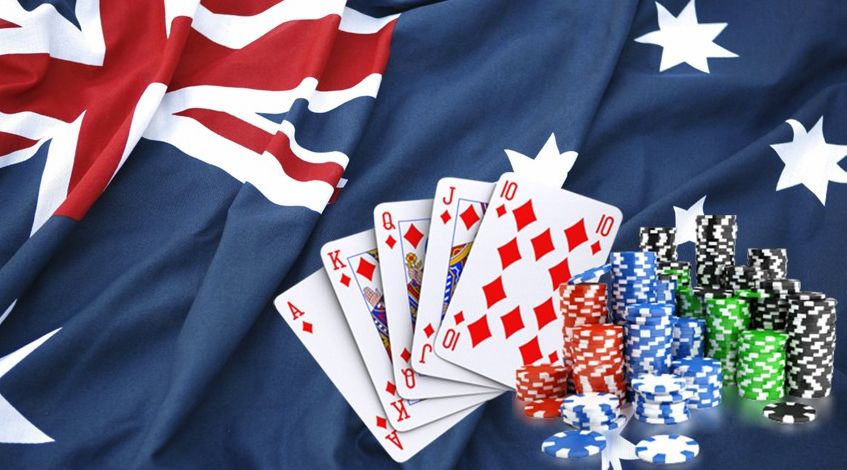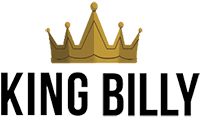
Online gambling (iGaming) continues to grow across Oceania, but the experience for players and the rules for operators differ sharply when comparing New Zealand and Australia. Both countries have rich traditions of wagering and casino play, yet distinctions in market size, legal systems, consumer protections, and habits shape the choices available to players and the risks for those running gaming brands. This expert comparison decodes the latest data, regulatory shifts, and social impacts defining casino and betting culture in each nation.
Market Size & Growth: Who Spends More?
Australia: A Giant of Gambling
Australia remains one of the world’s top gambling markets. In 2025, Australians are projected to spend over AUD $15.9 billion on gambling, with online and mobile platforms driving sustained growth (about 2.2% CAGR through 2029). Nearly 73% of Australian adults gambled within the last 12 months—a rate higher than New Zealand, the US, or the UK. Sports betting, fantasy leagues, and lotteries dominate online interest, with slots/pokies more common in land-based venues.
New Zealand: High Engagement, Growing Diversity
New Zealand’s gambling market topped NZD $2.89 billion in 2025 and continues a solid growth trajectory. Kiwis’ average gambling spend now exceeds $600 per person—up sharply from previous years and outpacing many comparable nations. Land-based casinos have grown (2 to 8 in the last 15 years) and many players shift between in-person and online options seamlessly. Popular activities include sports bets (TAB), government-licensed lotteries, and online slots hosted by offshore brands.
Regulations & Licensing: Online Casino Law Compared
Australia: Strict Federal & State Rules
Online casino regulation in Australia is complex, shaped by both federal law and state oversight:
-
Interactive Gambling Act 2001 (IGA): Prohibits local operators from running online casinos or live betting sites, but allows sports betting and lottery operations.
-
Offshore gambling: Australians can gamble with international casinos, but those casinos cannot legally advertise or base operations domestically.
-
Licensing bodies: Each state regulates gambling independently, including the Australian Capital Territory, New South Wales, Victoria, and others.
-
Enforcement: Thousands of offshore sites are blocked annually; payment processing for unlicensed sites faces periodic clampdowns.
-
Responsible gambling: Robust self-exclusion networks, bet limits, and harm-prevention messaging are required for all operators and betting shops.
New Zealand: Evolving & More Centralized
New Zealand’s regulatory structure differs:
-
The Gambling Act 2003: Permits only government-licensed companies (Lotto NZ for lottery, TAB NZ for sports) to operate these games; local online casinos are banned.
-
Offshore access: Kiwis freely play at foreign-run online casinos; winnings are typically untaxed, but protections vary.
-
Upcoming legal changes: In 2026, new legislation will introduce a regulated online casino market with up to 15 licensed operators, more consumer safety, and strong harm-minimization controls.
-
Enforcement: Efforts focus on guiding players toward future legal platforms and shutting down blacklist sites.
Gaming Habits: How Players Engage
Australian Preferences
-
Mobile-first: Apps and responsive sites power most betting sessions.
-
Younger engagement: Millennials and Gen Z drive sports, fantasy leagues, and instant-play casino growth.
-
Slots vs Table games: Slots dominate in physical venues; sports wagers and horse racing are king online.
-
Crypto curiosity: Interest in crypto casinos and alternative payments is rising, though regulation lags.
New Zealand Habits
-
Traditional meets digital: Land-based casinos stay popular for social play, but offshore online options attract routine players.
-
Focus on lotteries: Lotto and instant-win games see high national play rates; 13% growth observed in some categories over the last year.
-
Mobile expansion: Smartphone access is now standard for both young and older demographics.
-
Virtual cross-border play: Kiwis often switch between government lotteries and offshore casino slots.
Responsible Gambling & Social Impacts
Australia
-
High exposure to risk: More frequent play and higher average spend translate into increased gambling harm.
-
Robust support: Government agencies and NGOs deliver widespread education, addiction help, and self-exclusion programs.
-
Advertising controls: Strict limits on casino/betting advertising—especially during televised sports and children’s hours.
New Zealand
-
Lower total spend, but rising risk: Record years have seen more individual activity and spikes in certain gambling verticals.
-
Upcoming reforms: The 2026 bill aims to add consumer protections like self-exclusion, deposit limits, and more transparent game odds.
-
Outreach: Resources for problem gamblers are expanding as online play rises.
Comparing Casino Offerings & Payment Methods
| Feature | Australia | New Zealand |
|---|---|---|
| Local Online Casinos | Illegal (sports/lotto only) | Illegal (lotto/TAB only) |
| Offshore Casinos | Accessible but restricted | Accessible with lower restriction |
| Popular Games | Slots in venues; sports online | Lotto, sports, slots (offshore) |
| Total Spend | AUD $15.9bn (2025) | NZD $2.89bn (2025) |
| Mobile Play | Most sessions on mobile | High mobile growth |
| Crypto Payments | Growing, not mainstream | Less common, mostly offshore |
| Casino Taxes | State/federal, complexity | Fewer taxes, often untaxed wins |
Trends Shaping iGaming (2025 and Beyond)
-
Australia: Legal barriers are pushing more players offshore or toward sports betting, fantasy leagues, and government-licensed options. Concerns about problem gambling remain high.
-
New Zealand: Reform is underway to channel players into regulated sites. The 2026 licensing rollout will improve safety and offer new opportunities to both brands and consumers.
-
Cross-border innovation: Tech from both markets feeds into Asia-Pacific casino models, including app design, payment platform security, and marketing compliance.
The Future: Where Are Both Countries Heading?
-
Australia: Will likely maintain a fragmented landscape, with varying rules by state and crackdown measures against unlicensed offshore operators.
-
New Zealand: Will launch a regulated online casino framework, reducing reliance on black-market offshore sites, and matching Australian standards in consumer protection.
-
Players: Expect more transparent odds, higher standards for responsible gaming, and easier navigation between government and offshore offerings.
Frequently Asked Questions
Can I play at any online casino from Australia or NZ?
Not locally—only sports bets and lotteries are permitted on government-licensed sites. Offshore brands can be accessed, but safety and payment risks apply.
Is crypto gambling legal or safe in these regions?
Crypto casinos are not specifically regulated; use with caution and choose reputable offshore sites if using crypto.
Which market has higher player spend?
Australia spends far more per capita and overall, though New Zealand’s averages are rising.
Will regulatory changes make online play safer in New Zealand?
Yes—new laws in 2026 will establish licenses, mandatory responsible gambling standards, and enforceable consumer protections.
Conclusion: Navigating Two Dynamic iGaming Landscapes
Australia and New Zealand each offer robust, evolving gambling markets, with strong traditions and rapid digital adoption. Yet consumers and brands face distinct legal, regulatory, and safety considerations depending on their jurisdiction.
For players, always verify site licensing, payment compliance, and responsible gambling tools—especially when choosing offshore operators in either country. For industry insiders, watch regulatory signals and be ready to adapt to shifts in laws, technology, and cross-border competition.
Stay up-to-date: follow national gaming authority news and read comprehensive reviews to make the most of the region’s hottest, safest, and most rewarding iGaming experiences.


